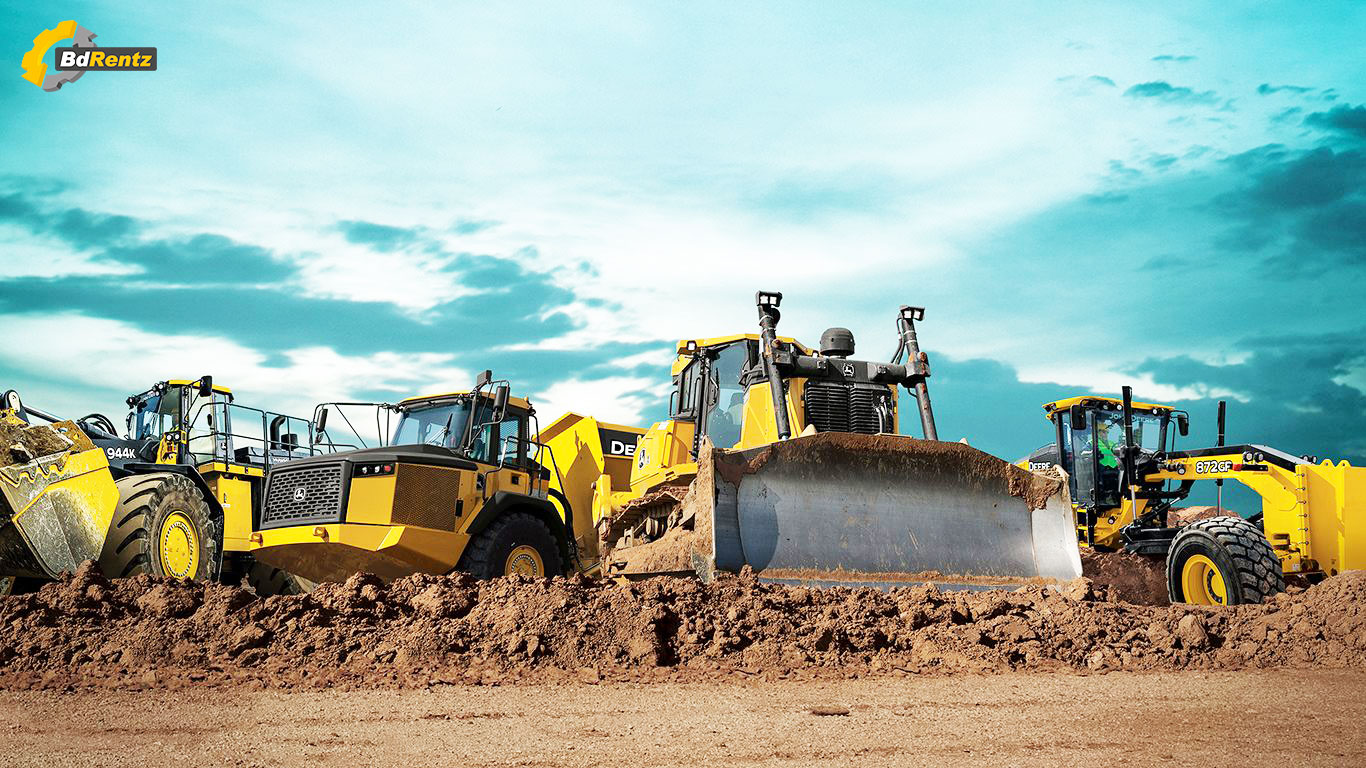Aerial Lift Rental: Versatile Training Solutions for High-Access Jobs
Aerial Lift Rental: Versatile Training Solutions for High-Access Jobs
Blog Article
Maximize Your Budget Plan by Comprehending the Costs Connected With Building And Construction Devices Rentals
Understanding the full extent of expenses related to construction tools rentals is vital for maximizing your spending plan. While the preliminary rental charge might appear straightforward, many added costs-- such as transportation, gas surcharges, and upkeep-- can quickly gather, affecting your financial preparation. Being conscious of numerous fees and the intricacies of rental contracts can assist avoid unanticipated monetary worries. What methods can be employed to effectively handle these prices and guarantee a much more efficient rental experience?
Review of Rental Expenses
When considering building and construction equipment services, recognizing the connected costs is extremely important for efficient budgeting and task planning. Rental costs can differ substantially based upon a number of variables, including equipment type, period of leasing, and area. The first rental cost usually reflects the tools's market demand and its associated functional capabilities, influencing the overall cost.
In enhancement to the base rental rate, supplementary expenses might occur, such as transport costs, gas additional charges, and maintenance costs. It is important to make up these extra costs to properly analyze the complete expense of leasing devices. Moreover, the rental duration can affect pricing; longer leasings might get approved for affordable rates, while temporary leasings could incur higher daily charges.

Break Down of Rental Prices
A comprehensive understanding of rental prices is important for contractors and task supervisors aiming to optimize their budget plans. Rental rates for construction equipment typically include several components, consisting of base rates, time-based charges, and use fees.
Base prices are the core charges connected with the rental of the equipment, commonly determined by the type and dimension of the equipment. These prices can differ dramatically, influenced by aspects such as devices demand, accessibility, and regional market trends. Time-based charges, which may be daily, weekly, or monthly, serve to suit various task timelines and rental periods.
Additionally, rental rates might include use charges, which apply when tools is utilized beyond a specified limit, making certain that the rental business can account for deterioration. Seasonal need variations can additionally impact rental prices, with peak construction seasons commonly commanding higher rates.
Moreover, understanding the rental firm's plans pertaining to upkeep and insurance can provide additional understanding right into the total price structure. By evaluating these parts, contractors can make informed decisions, making sure the choice of rental devices lines up with both project demands and budget restrictions.
Added Fees to Take Into Consideration
Recognizing the intricacies of added charges is crucial for professionals to manage their general service expenditures effectively. Beyond the conventional rental rates, different supplemental charges can significantly impact the overall cost of devices rental. These fees often consist of distribution and pickup charges, which can vary based upon range and logistics involved in transporting the tools to and from the job website.
Additionally, some rental companies might impose fuel surcharges if the devices is returned with much less gas than when rented out. It is additionally important to understand potential cleaning costs, especially for specialized tools that requires comprehensive maintenance after use.

Extensively evaluating the rental agreement and clearing up these added fees ahead of time can help professionals avoid unexpected expenses and guarantee that budgets remain intact throughout the task lifecycle.
Upkeep and Repair Service Costs
Regular upkeep about his and repair service costs are typically forgotten aspects that can considerably influence the total cost of building devices rentals. When leasing tools, it is crucial to consider not only the rental costs yet likewise the potential prices related to keeping the machinery in ideal operating problem.
Numerous rental firms include basic upkeep as component of the rental agreement; nonetheless, much more unforeseen break downs or considerable repairs can result in added expenditures. It's important to examine the rental contract meticulously to understand what maintenance services are covered and what obligations fall on the tenant.
Additionally, tools that is not properly maintained can lead to inefficiencies on duty site, possibly increasing and causing delays project costs. To reduce these dangers, it is suggested to perform normal examinations and keep open interaction with the rental supplier pertaining to any kind of concerns that develop throughout usage.
Insurance Coverage and Liability Costs
Insurance and responsibility prices are important parts that can substantially affect the general expense of construction tools services (forklift rental). These expenses make certain that both the rental company and the customer are protected from possible economic losses emerging from crashes, damage, or theft during the rental period

Furthermore, clients must recognize any deductibles or exemptions in the insurance plan, as these can influence possible out-of-pocket costs. Recognizing the conditions of any type of insurance coverage is important to prevent unforeseen prices. Ultimately, budgeting for insurance policy and responsibility expenses can aid ensure a smoother rental experience and safeguard against financial dangers associated with building and construction jobs.
Verdict
In verdict, a thorough understanding of view it the costs linked with construction tools rentals is important for effective budget monitoring. Ultimately, educated decision-making pertaining to tools services contributes to the total success of building endeavors.
Rental expenses can differ substantially based on a number of elements, consisting of equipment kind, period of service, and area (equipment rental company). The rental duration can affect prices; longer leasings might qualify for reduced rates, while short-term rentals could incur higher everyday fees
By carrying out extensive study and engaging with trusted rental companies, professionals can effectively navigate the complexities of rental pricing, inevitably optimizing their economic resources.
Beyond the common rental rates, various supplemental fees can substantially influence the overall price of equipment leasing. Rental business usually offer obligation insurance coverage that covers injuries to 3rd celebrations or damage to residential or commercial property, while devices damage insurance policy can cover the cost of repair work or substitute if the rented out devices is damaged.
Report this page